Weston Bend State Park
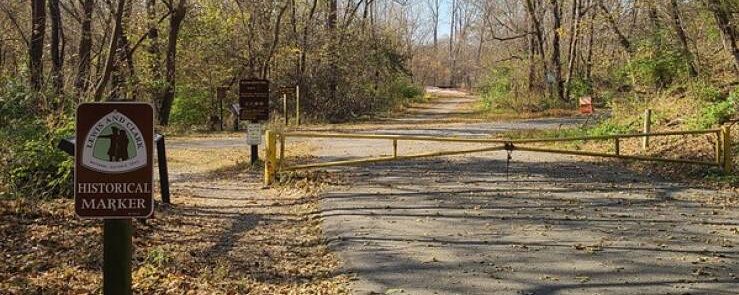

The Missouri River has helped shape the land and culture around Weston Bend State Park. What once was a thriving tobacco growing and trade area now serves the public as a reminder of the impact and influence the Missouri River had on its bordering towns.
The proximity of the Missouri River and the area’s rich soil attracted many Indian tribes including Kansa, Iowa, Sac and Fox. Lewis and Clark, on their expedition to explore new territory, reached the Weston vicinity on July 2, 1804. In their journal, they recorded evidence of an old Kansa village on the opposite side of the river. On their return trip two years later, they encountered fur traders traveling up the Missouri River.
The establishment of Fort Leavenworth in 1827 influenced the founding of the nearby town of Weston. Weston was established in 1837 opposite Fort Leavenworth at a natural harbor on the Missouri River.
Between 1832 and 1838, a French Canadian named Pensineau operated a tavern and trading post to serve the area’s soldiers and Indians within what is now part of Weston Bend State Park. The U.S. government later made this area part of its military reserve to stop the tavern from selling liquor to the soldiers. A creek in the park still bears Pensineau’s name.
The early success of the town was based on the tobacco growing and the river port. By 1842, Weston had 37 businesses and for the next 20 years continued to grow by exporting large quantities of tobacco and hemp. By 1858, Weston was recognized as the largest hemp port in the world and continued to be a major transportation link on both land and water. The McCormick Distillery began operation in 1858 just east of Weston and claims to be the oldest continuously operating distillery in the United States.
In the late 1800s, Weston began to decline following the Civil War and several major fires that destroyed much of the town. A major shift in the course of the river in 1858 eventually destroyed the port at Weston and contributed to the decline.
Today, agriculture, including tobacco production, still plays an important role in the area’s economy. Approximately 7 million pounds of tobacco are sold in Platte County each year. Five tobacco barns located within the boundaries of Weston Bend State Park serve as a reminder of the thriving industry in this river community. In front of one of the barns is an interpretive display telling the history of the area tobacco production and trade. Another tobacco barn has been converted into an enclosed shelter, which can be reserved by contacting the park office.
Distance Unit:
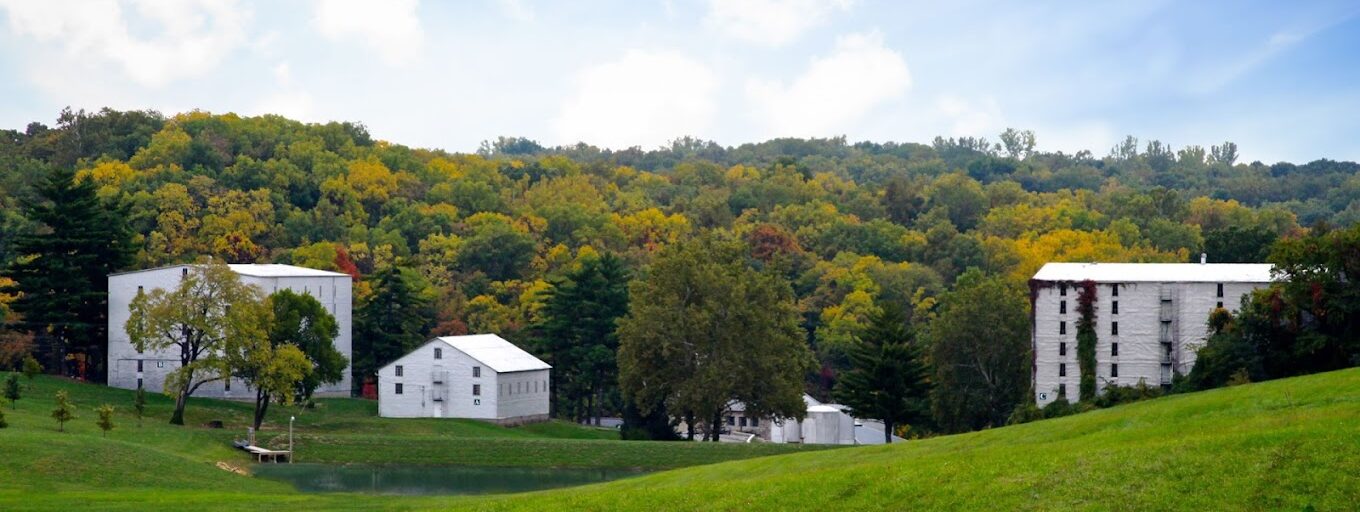
Holladay Distillery, Mc Cormick Lane, Weston, MO, USA
Distance: 0.82 Away
Food and Drinks Breweries and Distilleries
View Listing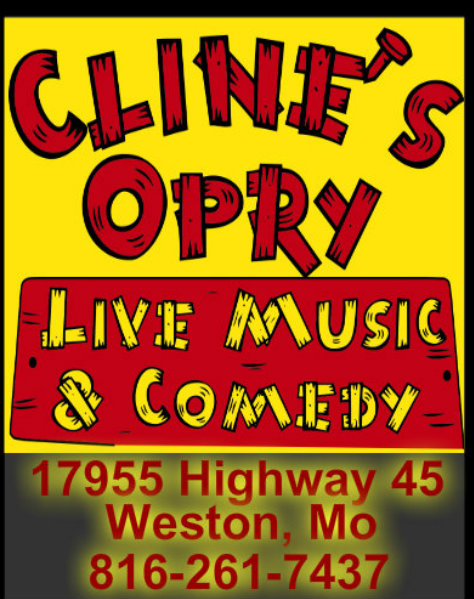
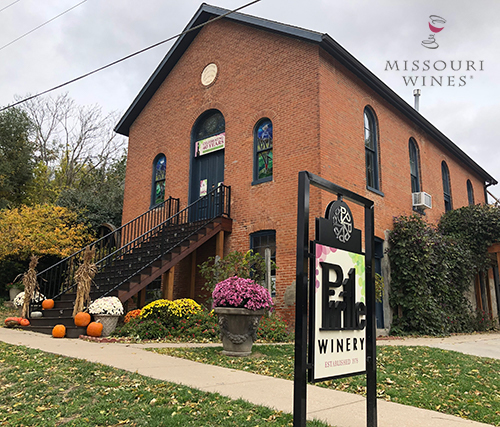
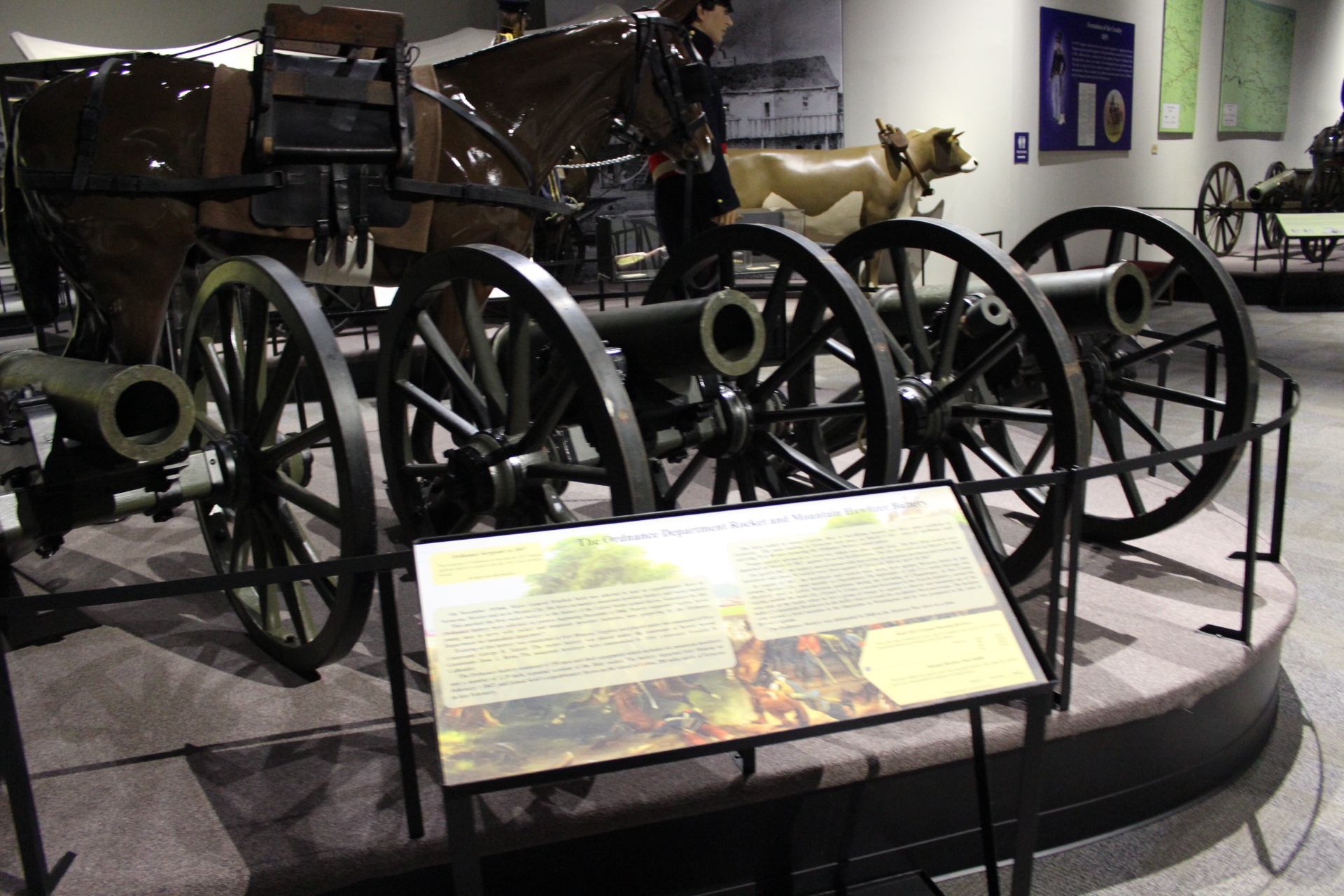
Frontier Army Museum, Reynolds Avenue, Leavenworth, KS, USA
Distance: 3.95 Away
Guided Tours Museums and Interpretive Centers Forts
View Listing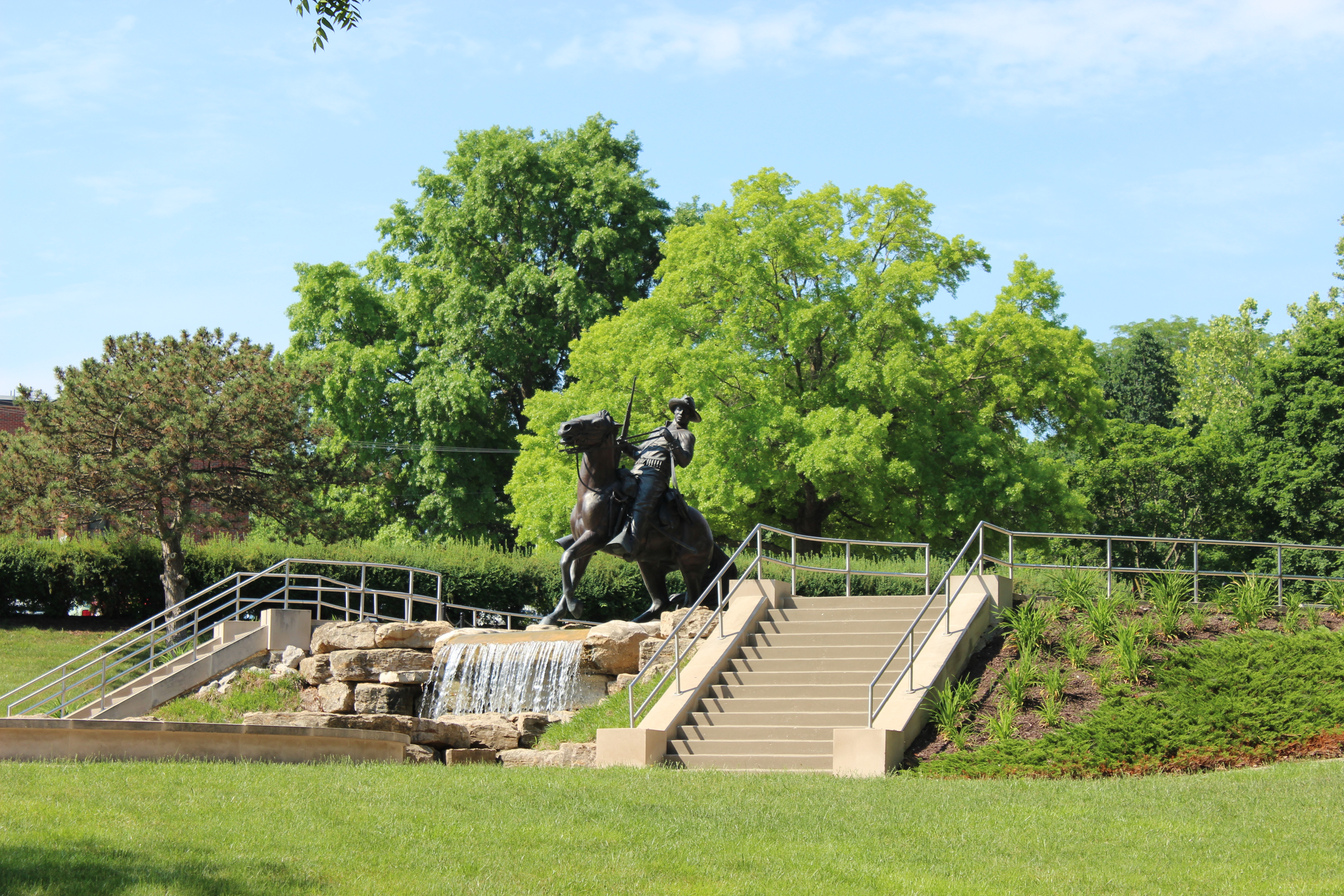
Buffalo Soldier Monument, Stimson Avenue, Fort Leavenworth, KS, USA
Distance: 4.30 Away
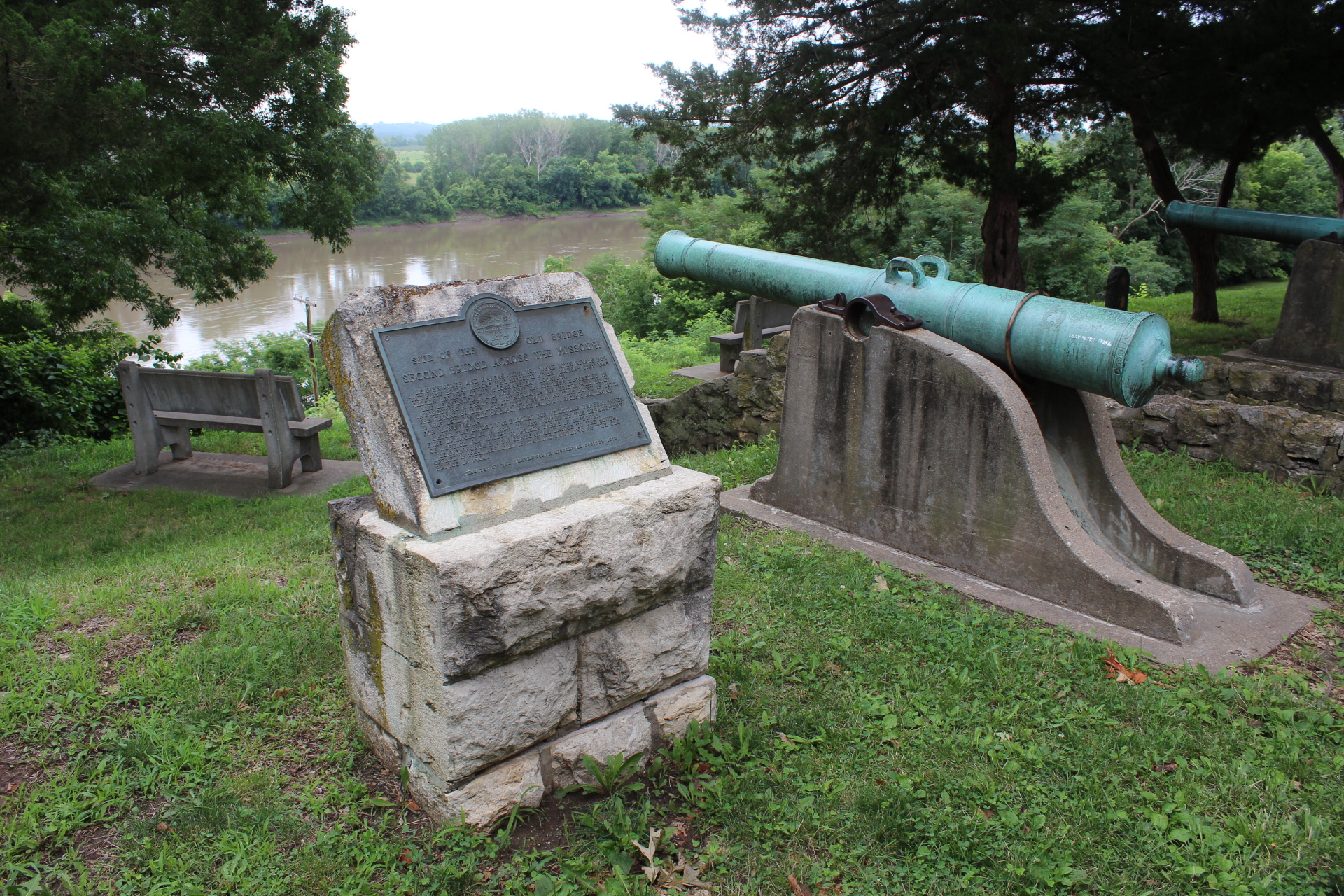
Fort Leavenworth Visitor Control Center, Sherman Avenue, Fort Leavenworth, KS, USA
Distance: 5.07 Away
Museums and Interpretive Centers Forts
View Listing
Fairfield Inn & Suites by Marriott Leavenworth, North 4th Street, Leavenworth, KS, USA
Distance: 5.24 Away
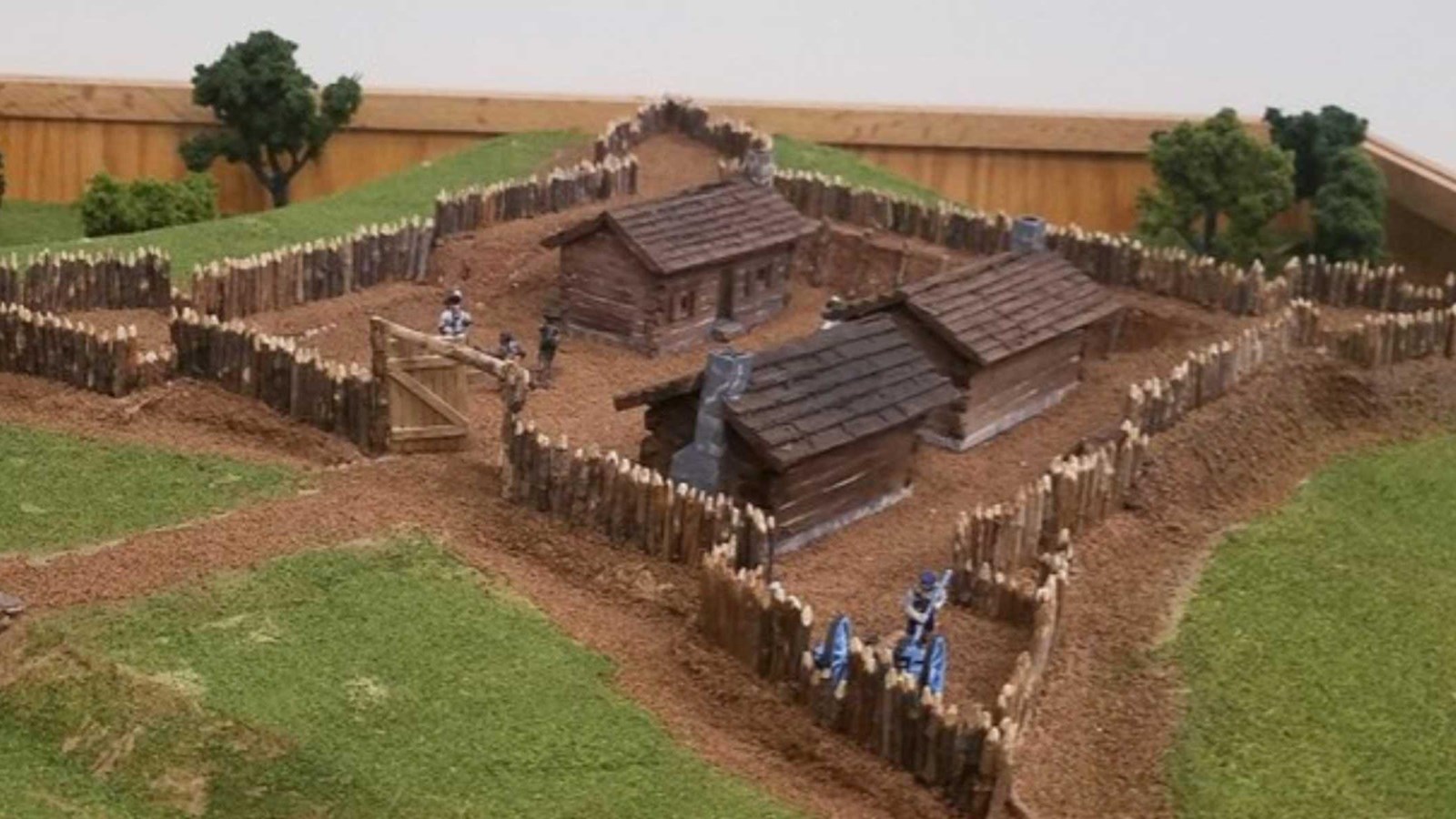
Fort de Cavagnial, Daniel Road, Leavenworth, KS, USA
Distance: 5.33 Away
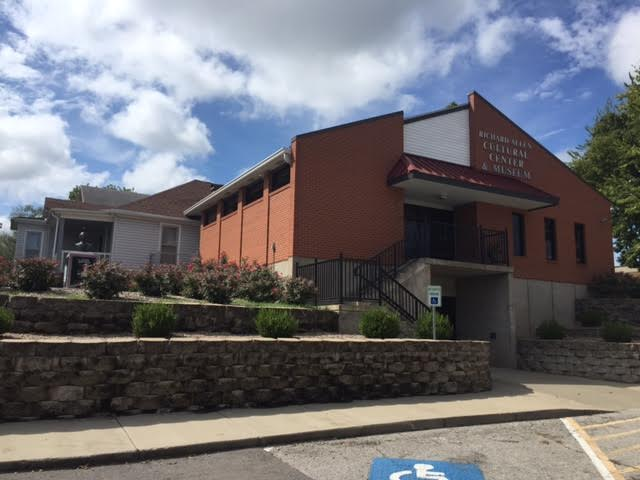
Richard Allen Cultural Center & Museum, Kiowa Street, Leavenworth, KS, USA
Distance: 5.34 Away
Guided Tours Museums and Interpretive Centers
View Listing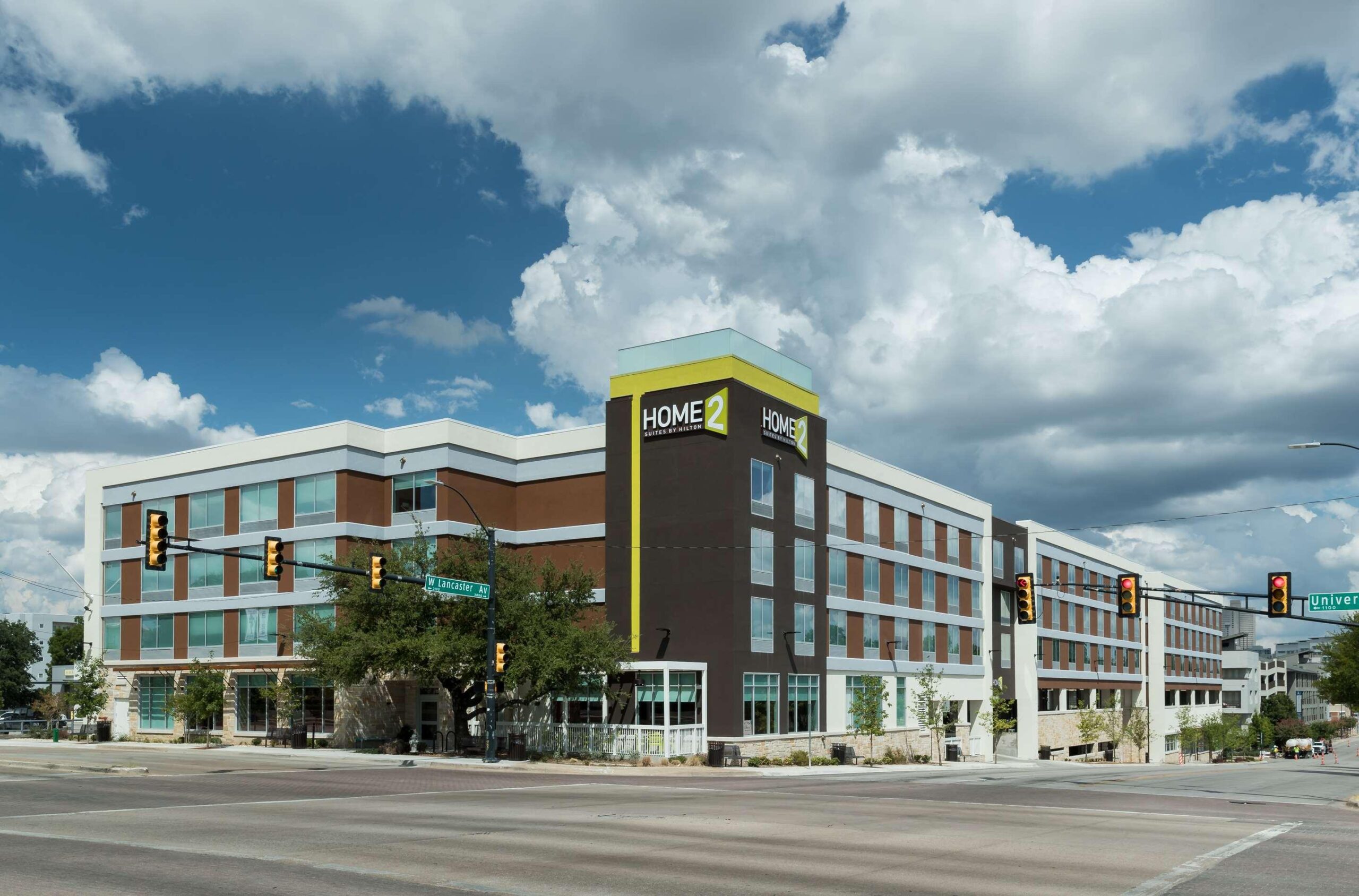
Home2 Suites by Hilton Leavenworth Downtown, Delaware Street, Leavenworth, KS, USA
Distance: 5.63 Away
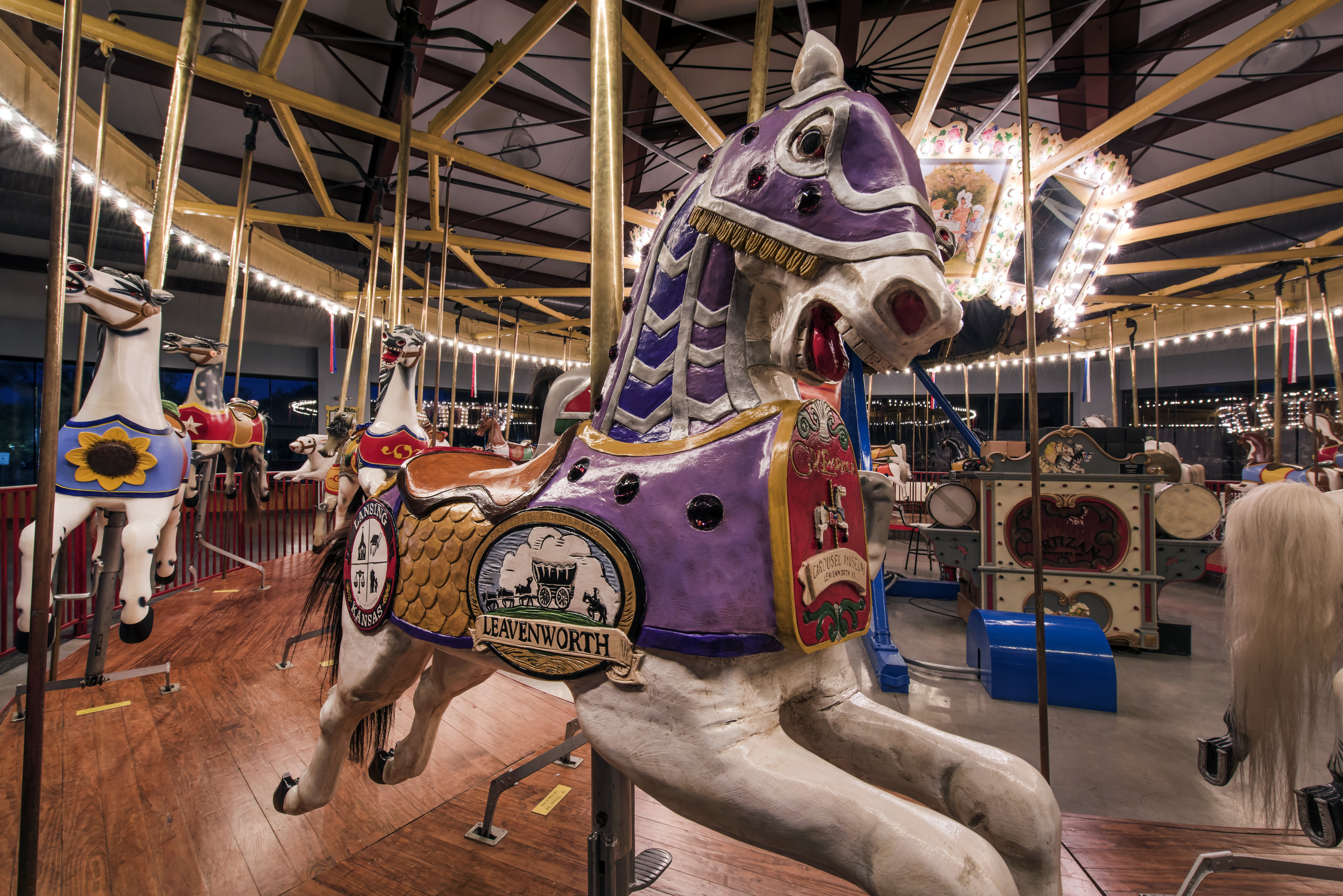
C. W. Parker Carousel Museum, South Esplanade Street, Leavenworth, KS, USA
Distance: 5.69 Away

The Escape Game Leavenworth (formerly Locked In Kansas), Delaware Street, Leavenworth, KS, USA
Distance: 5.72 Away
Our bi-weekly newsletter provides news, history, and information for those interested in traveling along along the Lewis & Clark Trail.